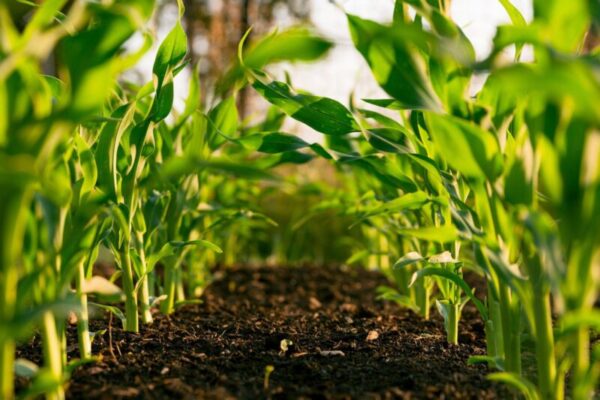Imagine yourself in the midst of vibrant crops that are gently waving in the wind, rolling green hills all around you, and fresh rural air filling your lungs. Welcome to the world of organic farming, a field where the bounty of nature thrives and sustainability is stressed. Join us on an exciting journey as we discover the benefits of organic farming and discover how to cultivate the land.
Key Takeaways
- Sustainable, environmentally friendly agricultural practices are promoted by organic farming.
- Promoting biodiversity and healthy soil results in the production of healthful and delicious crops.
- Consumers’ relationships with the food they eat are encouraged by organic farming, which improves overall health.
The Basis of Organic Agriculture
In this section, we look at the underlying principles of organic farming and talk about how it benefits the environment and people’s health. Organic farming promotes biodiversity and uses fewer chemicals since it is a symbiotic dance between nature and human hands.
- To improve the soil’s health, organic farming uses organic fertilizers like compost and animal manure.
- It employs crop rotation and advantageous insects as organic pest control strategies.
- The absence of synthetic chemicals in organic farming ensures the production of healthy, safe food.
Sowing the Knowledge Seeds
This section examines the importance of education and how it helps organic farming succeed. Everyone must be informed about sustainable practices for a healthy planet, from farmers to consumers.
- Farmers that receive training assist organic communities.
- Education broadens consumer comprehension of ethical organic options.
- Children are encouraged to eat organic food by farm-to-school initiatives.
Worldwide Organic Agriculture
- Take a virtual vacation around the world as we look at various organic agricultural practices in various locations. Find out how numerous cultures, from lush vineyards to huge tea fields, use sustainable agriculture.
- Organic agricultural practices are used by Peruvian tribes for their seasonal harvests.
- In French vineyards, organic farming and cosmic cycles are integrated.
- Sri Lankan tea farms provide worker security and pesticide-free brews.
From Farm to Fork
Join us as we demonstrate the advantages of choosing organic for the environment and our health while tracing the journey of organic food from the fields to our plates.
- Organic food is free of artificial ingredients and genetically modified organisms (GMOs).
- Because of the quality soil and environmentally friendly growing practices, organic fruits and vegetables have rich flavors and high nutritional value.
- In order to reduce the carbon emissions caused by long-distance travel, support local organic farmers.
Growing the Future
This section discusses how organic farming must continue to innovate and work together in order to adapt to the needs of a fast changing global environment.
- Enhancing organic agriculture techniques, increasing production, and reducing environmental effects are the key aims of research and development.
- Collaboration between farmers, researchers, and decision-makers ensures the growth and development of organic farming on a global scale.
- Adopting technology, such as precision farming and eco-friendly irrigation systems, may increase the effectiveness and sustainability of organic farming.
Arizona Probate Law
Understanding pertinent legal factors, such as Arizona probate law, is important when it comes to organic farming. The distribution of assets and the administration of estates following a person’s demise are governe by Arizona probate law. Understanding Arizona probate law will enable organic farmers to preserve their legacy for future generations by ensuring a seamless transfer of their assets and agricultural land. The probate procedure can be navigate more effectively and successfully by seeking legal advice from qualified experts.
Final Reflections
As our inquiry into organic farming comes to a close, it becomes apparent that this method of farming is about more than just producing food. It represents a comprehensive perspective that values the interdependence of nature, our physical and mental well, and the welfare of future generations. By making the decision to eat organic food, supporting local farmers, and speaking out against corporate agriculture, we can actively contribute to the movement towards a more harmonious relationship with the land out in favor of sustainable agricultural methods. Let’s keep caring for the environment by growing organically and enjoying the abundant benefits it offers. Together, we have the power to plant the seeds of a future that is both more promising and sustainable for our planet and for us as individuals.








